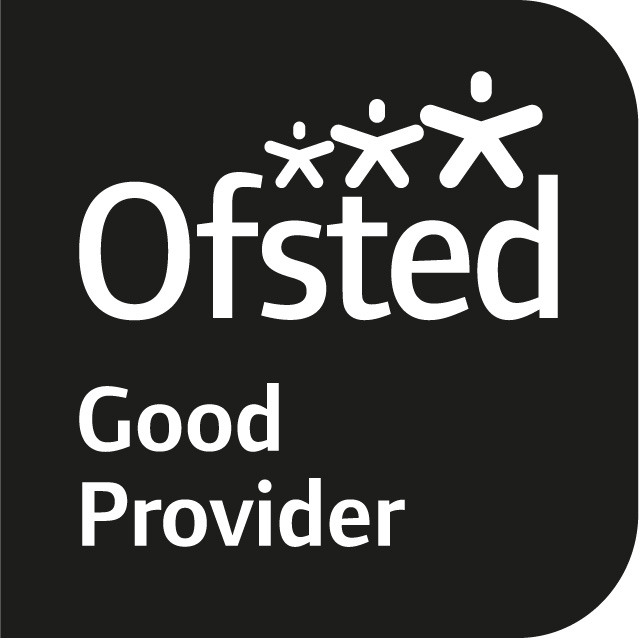
Course may be subject to change.
If you are interested in studying A Levels at New College Durham please just complete one application form and you will be able to choose your subjects once you have had your interview. You do not need to apply for each of the subjects you are interested.
This popular and stimulating subject will develop your knowledge and interest in the English Language and improve your use of English in a variety of contexts. You will analyse texts which focus on cultural, social and creative factors in language including speech and children; language and power; the dynamics of speech and language and cultural production.
You will also develop your language analysis skills more fully and apply these skills to topics such as accent and dialect, power in language and the language of popular written texts.
Entry Criteria
You will hold a minimum of 5 GCSEs at 9 to 4 (A* to C) which must include maths and English, with English Language at grade 5.
What are the next steps?
You will meet with a member of the course team. Please bring a copy of your GCSE grades or predicted GCSE grades.
Study Aims
The course places an emphasis on analysing the social, cultural and creative factors related to the English Language. You will learn to analyse spoken and written language and the language of occupational and other social groups. You will begin to develop an understanding of how power and gender influences the language choices we all use in our day to day lives.
At A2, you will develop your language analysis skills further, applying these skills to the study of Child Language Acquisition, Language in the Media and Language Change over Time. You will conduct a written investigation into language and produce an academic poster based on the topics learned in class, further developing your ability to analyse language.
Modules Studied
Year 1: Exploring language - both will assess your ability to analyse spoken and written language.
- Section A: Understanding language features in context.
- Section B: Comparing and contrasting texts.
- Section A: Writing about a topical language issue – students will produce a piece of original writing for a real-world purpose on a topical language issue (gender/power based).
- Section B: Exploring language in context – an analysis of how issues relating to language and gender or language and power influence texts.
Year 2: Exploring language
- Language under the microscope, writing about a topical language issue, and comparing and contrasting texts.
- Assessment will be through the linguistic analysis of authentic texts and original writing on a topical language issue.
- Child language acquisition
- Language in the media
- Language change.
Teaching and Assessment
You will be taught by lecturers who are specialists in their subjects. Teaching is classroom based and involves group work and individual work. Independent study is essential outside of the classroom and frequent homework will be given. You will sit monthly in-class assessment for which you will receive extensive feedback, as well as other assessments throughout the academic year, which will help you track your progress.
You will be assessed through analysis of how children acquire language, how language is constructed and used in the media, and how language changes and develops over time.
Coursework in year 2 will be worth 20% of the marks from final year. Terminal exams will be in May/June.
Independent language research - Coursework (20% of total marks): The coursework is an internally assessed and externally moderated component of independent research into an area of language study which is of particular interest to the student. You will be required to produce a research essay of 2000-2500 words on a language topic of their choosing. You will also be required to complete an academic poster giving an overview of the research completed by the student.
This A-Level, in combination with other subjects, could enable you to apply for degree courses in Drama, Teacher Training, Law, or Media Studies.


